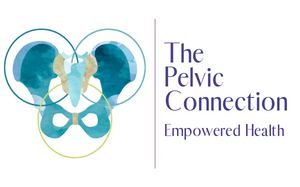
- Urinary Incotinence
- Pelvic floor dysfunction
- Urinary urgency- freqeuncy
- Erectile dysfunction
The prostate isn’t just an important organ from the standpoint of reproduction (it secretes fluids that nourish the sperms and neutralize the vaginal acidity to prolong the sperms’ life during intercourse), but it also plays an important role in bladder control. The prostate sits right under the bladder and right behind the internal sphincter, thus helping in controlling the flow of urine in males.
After its removal, this crucial function is lost and many males find themselves experiencing urinary incontinence. Without the Prostate, the pelvic floor muscles need to work harder to maintain continence.
Research has shown that pelvic floor muscle training when biased towards the superficial pelvic floor muscles (around the penis) rather than the deeper muscles (around the anal canal) significantly improves bladder control after prostatectomy. This selective training can be done with the help of a real-time ultrasound (RUSI) biofeedback device.
